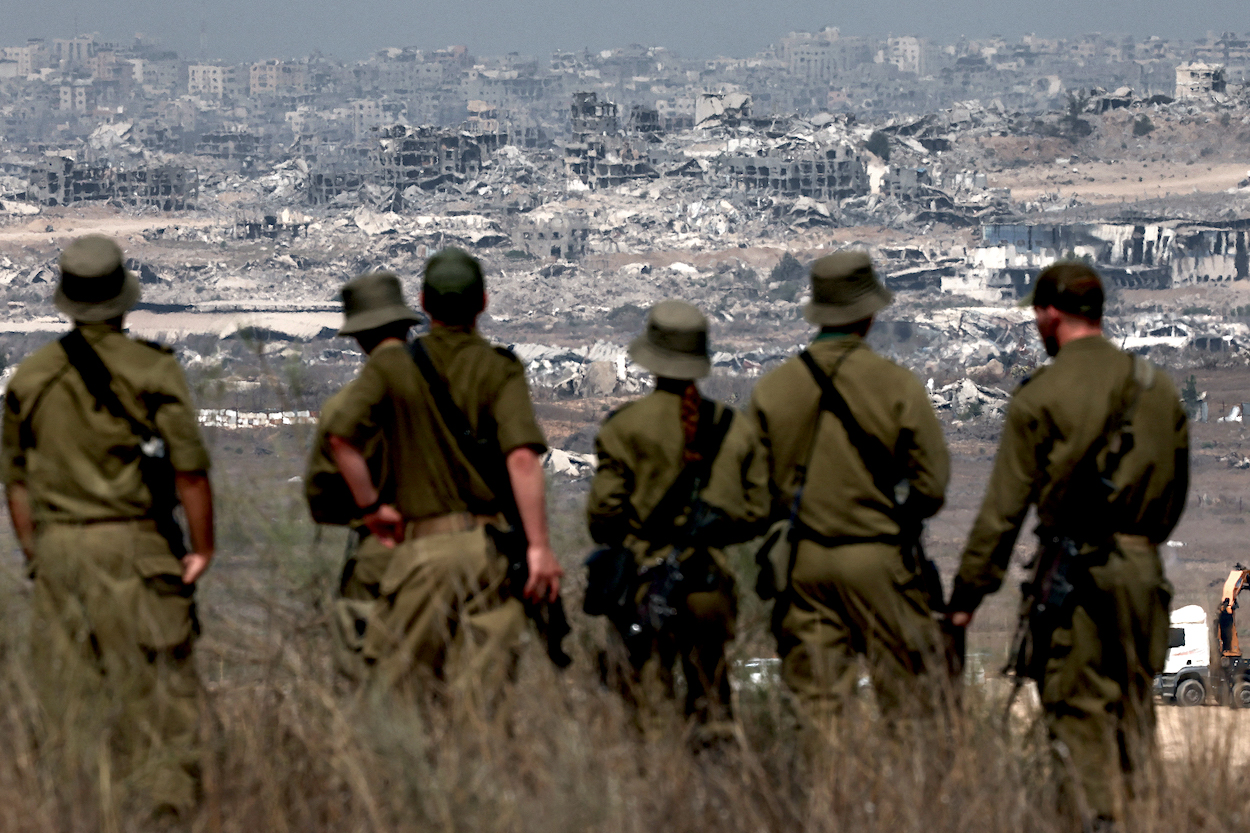What weapon is stronger than F-16s, drones, targeted strikes, disciplined and war-hardened ground troops, and even nuclear weapons? Hostages. Despite its formidable armed forces and weapons capabilities, in the long and bitter struggle between Israel and its enemies, no tool of war has proven more effective in bending the will of the Jewish state than the abduction of its own citizens. Missiles can be intercepted, tanks can be destroyed, but a single captive Israeli can paralyse decision-making at the highest levels of government, as we are seeing today.
From the earliest wars, prisoner exchanges followed the conventions of armed conflict. After 1948 and again in 1967, soldiers were exchanged for soldiers in relatively balanced numbers. But over time, the symmetry vanished. In 1983, Israel released some 4,700 Palestinian and Lebanese prisoners for just six Israeli soldiers. The Jibril Agreement of 1985 deepened the trend: 1,150 prisoners, including many convicted of bloody attacks, were freed in exchange for three Israelis. Each successive deal confirmed to armed groups that hostages could yield not parity but jackpots.
By the time of Gilad Shalit’s release in 2011, the ratio had become grotesque: 1,027 Palestinian prisoners for one Israeli soldier. For Hamas, the lesson was unmistakeable: kidnapping was more valuable than missiles, more effective than rockets, more devastating to Israel’s strategic posture than any other weapon in its arsenal.
That lesson holds today. The current ceasefire proposal, dressed up in humanitarian language, risks institutionalising hostage-taking as the ultimate deterrent against Israel. If the Israeli military withdraws to the Gaza perimeter – as proposed – and allows a massive influx of aid that Hamas will seize and weaponise, then infiltration attempts and kidnappings will increase. In fact, it has already started. Today, in Khan Yunis, 15 terrorists stormed an outpost of the Israeli army’s Kfir Brigade with gunfire and anti-tank missiles, even managing to breach the fortified position. Three soldiers were wounded, one of them severely. The attackers were eliminated by ground troops and IAF strikes, but the incident is a chilling preview of what will follow should Hamas be given breathing space to regroup. If they can kidnap soldiers right now, Hamas’ hand will be immeasurably strengthened if Israel retreats.
As I have written many times over the years, if a single captive can yield the release of thousands, then why should Hamas or other Islamic state and non-state actors not pursue this tactic relentlessly? The price of capitulation is not an end to the ongoing hostage tragedy, but its perpetuation long into the future. Accepting the ceasefire under these conditions simply affirms the enemy’s tried and tested techniques which they have honed to perfection over decades. They use brutality to seize hostages, then torture and starve them, drawing an inevitably severe military response, which in turn is followed by the predictable international outrage as they drip feed the media curated images of suffering. Add to this the unavoidable internal Israeli chaos which comes as emotions are inflamed and passions are ignited. Thousands of powerless civilians pour onto the streets to protest, effectively lending their manpower to Hamas despite their utter hatred of the terrorists. In turn this bolsters the media and international pressure on Israel, and soon enough the entire nation itself is held hostage. Live to fight another day and simply repeat as needed. Why would Hamas change a winning formula?
The ethical cost of making a deal now is grave. To send soldiers to conquer ground at enormous sacrifice, once, twice, three and even four times, only to abandon it under international pressure, is to treat fighters as expendable. But just as Israel treats every hostage life as irreplaceable, it has an unusually reverent attitude to every soldiers of its citizens army, too. And Israel’s army and society are exhausted after nearly two years of war. There comes a point where the reservoir of manpower is too depleted to sustain another round.
Iran’s leaders are surely watching. Why spend billions on rebuilding clandestine centrifuges when the abduction of a handful of Israelis could provide a shield stronger than concrete and steel? A regime that learns this lesson will act on it, and Israel will face not only Hamas’s blackmail but also the Islamic republic of Iran’s.
The tragedy of hostage warfare is that it pierces Israel’s moral core: the sacred duty to bring its people home. Yet that duty cannot be honoured by surrendering to a logic that only guarantees more captives, deaths and wars. Hamas has learnt this lesson well. Its Pavlovian reflex to every hostage crisis is to kidnap again, knowing that the more it takes, the more it will be rewarded by the world and even by Israel itself. Israel, by contrast, has not broken that cycle. The lives of today’s hostages are indeed immeasurably precious, but who can say they are worth more than the lives of those who will be seized tomorrow if this sick transactional relationship continues? It can only end by defeating those who have turned human beings into bargaining chips. Anything less may feel compassionate, but end up a perilous and risky act of capitulation.









Comments